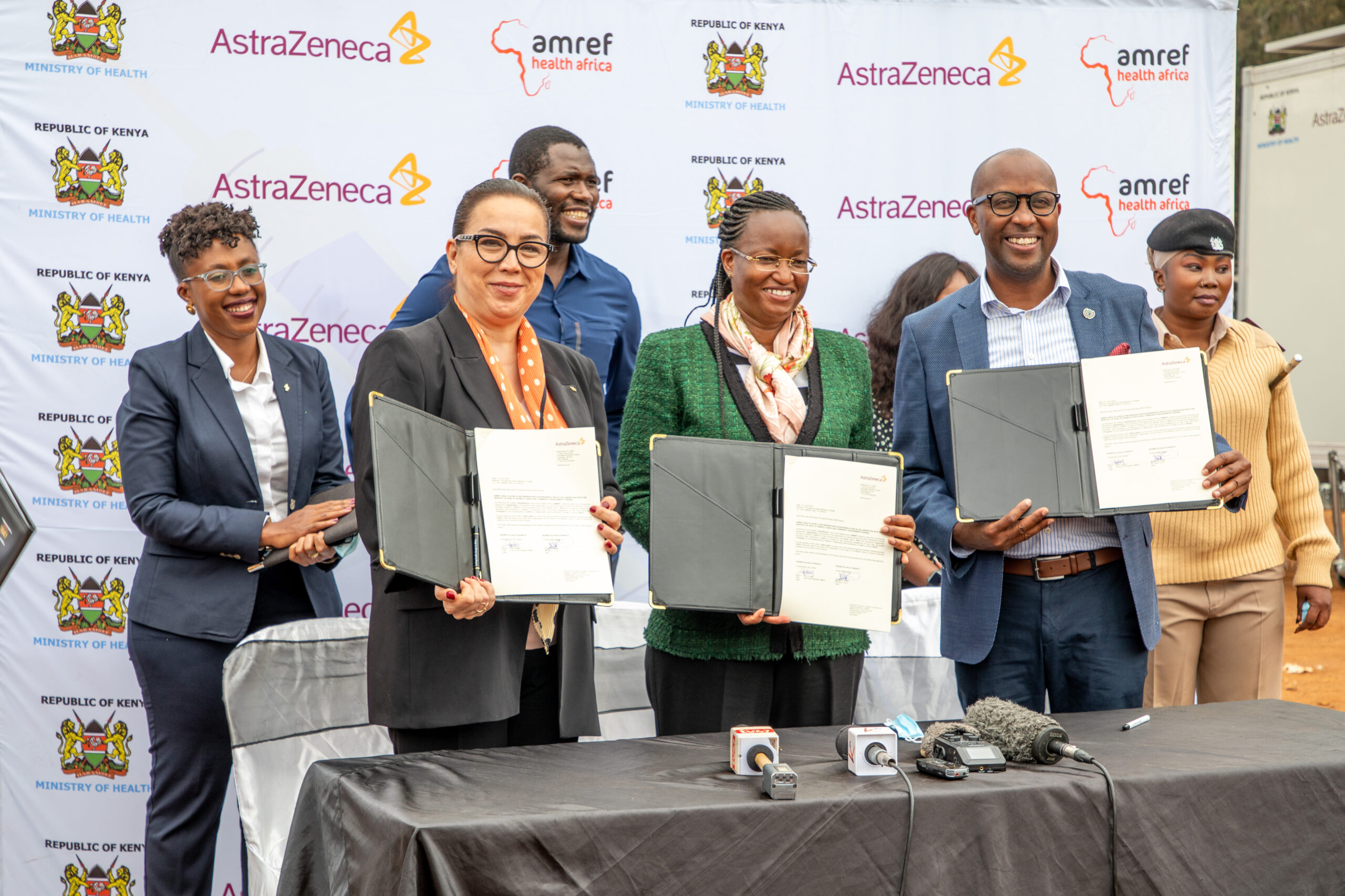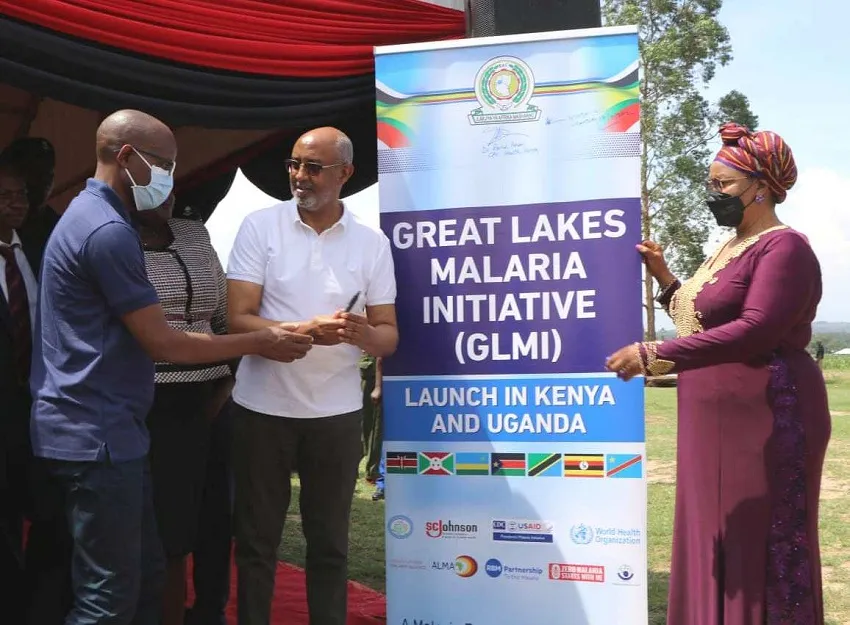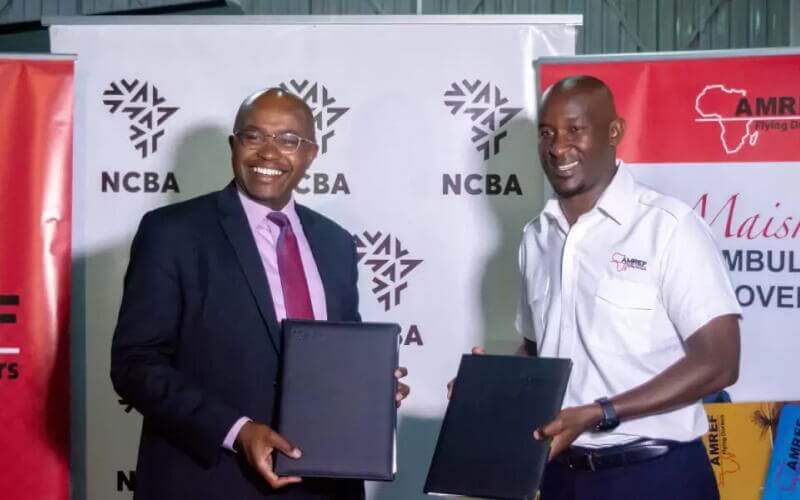Three days of pain at Traditional Birth Attendant only lead to losing the baby and becoming a Fistula Victim
Wednesday, 7 June, 2017


At the age of 17 Keflene Yakobo got married and was pregnant by the time she was 19 years of age. Keflene from Busega district in Simiyu region is now 25, she explains her experience during pregnancy, the delivery process and how she became a fistula victim.
“Since I found out I was pregnant, I started attending antenatal clinic and for the entire term there was no problem identified or suspected. I was happy waiting for my newborn. The last month of my pregnancy, I decided to stay at my parents’ home so as to get some assistance from my mother. When the labor pain started my mother took me to the Traditional Birth Attendant (TBA) who lives 7 kilometers away. As it was my first pregnancy and I was used to seeing expectant mothers being taken to the TBA, I was calm, thinking all will be well, Keflene explained.
“We safely reached to the TBA, with a very terrible labor pain I was just praying that the baby comes out safely but it took me three days at the TBA house waiting with ghastly pain, finally only the head of the baby emerged, and the rest of the body remained in the uterus. My mother hired a car to rush me to Magu , 22 kilometres away where the nearest health centre was, I was completely unconscious and the TBA still insisted we remain at her place, without considering the horrifying condition that I was in..
We managed to reach the hospital and I was operated upon, the baby was already dead and my condition was not good. The doctors success fully managed to perform the operation and I was hospitalized for five weeks due to abdominal sepsis. It is very sad that I got fistula and my husband abandoned me right away. When I returned home my husband came just to inform my parents that he will no longer live with me because of fistula.
It has been a very tough time in my life, people laughed at me, I could not join any social gatherings, I could not attend church, I could not even visit my friends, some other community members were talking ill about me due to my condition.
In November 2011, I was informed by a doctor at Magu district hospital that my condition is curable and linked me to a focal person who could provide more information. I went to Seliani hospital in Arusha where my injury was repaired and I was hospitalized for two weeks. Many thanks to Amref Health Africa and other organizations who are raising awareness about Fistula, I believe many people are suffering and abandoned my their spouse and community because of fistula which is very curable” Keflene concluded.
Amref through its fistula project reached Kefline and provided a serial sessions of psychosocial counselling, equipped her with entrepreneurship skills and helped her to be engaged with community groups. This package of services has enabled her to resume her community activities like attending funerals, church and community meetings. Keflene is now an ambassador of fistula in her community.
Amref’s Fistula programme creates an inclusive environment for obstetric fistula prevention, treatment and social re-integration for obstetric fistula patients and their family members. It does not only increases the awareness among affected women and stakeholders, but also provides psycho-social support, entrepreneurial skills, creating self-help groups and providing support trainings for medical staff that performs the fistula repair services.
Amref Health Africa teams up with African communities to create lasting health change.







